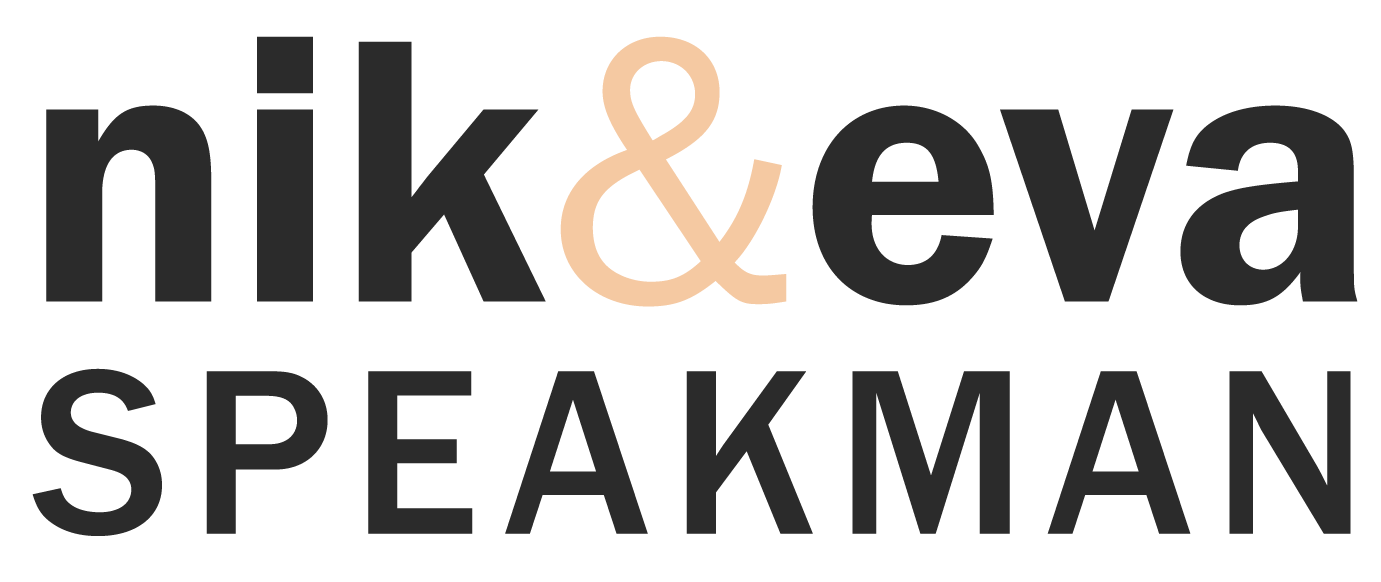How to overcome your fear
Fear is one of most common reasons people procrastinate on taking action toward their goals. In an effort to avoid failure, rejection, being embarrassed, disappointing or angering other people, getting hurt, and a plethora of other things, we play it safe and avoid trying new things.
Fear is natural. But it’s important to remember that, as humans, we’ve evolved to the stage where ALMOST ALL of our fears are now self-created. We scare ourselves by imagining negative outcomes to any activities we pursue or experience.
In fact, psychologists like to say that fear means False, Experiences, Appearing, Real.
Identify Unfounded Fears
To identify the unfounded fears in your life, do this simple exercise. First, make a list of the things you are afraid to do. These are not things you are afraid of, such as spiders, but instead the things you are afraid do to, such as skydiving.
Next, restate each fear in the following format:
I want to_______________, and I scare myself by imagining ____________________.
For example, I want to start my own business, and I scare myself by imagining that I would go bankrupt and lose my house.
By completing this statement for all of the things you are afraid to do, it’s easy to see how you create your own fear by imagining negative outcomes in the future.
Three Ways to Overcome Fear
Here are three easy techniques for moving past your fears:
Disappear fear by choosing a positive mental image. When we’re afraid, our minds are full of negative thoughts and images. When you are feeling afraid, tune into the images in your head. Then choose to replace them with a positive image of your desired outcome. For example, if you’re afraid that starting your own business will end in bankruptcy and losing your house, instead picture your new business becoming wildly successful and buying a second vacation home with all of the added income you’ll be earning in your new company.
Focus on the physical sensations. You may feel fear in your body as a sinking feeling in your stomach, a tightening in your shoulders and chest, or an elevated heart rate. Next, focus on the feelings you’d rather be experiencing instead, such as peace and happiness. Fix these two different impressions in your mind’s eye, then move back and forth between the two, spending fifteen seconds or so in each. After a minute or two, you’ll find yourself feeling neutral and centered.
Recall your successes. You’ve overcome countless fears to become the person you are today, whether it was learning to ride a bike, driving a car for the first time, or kissing someone for the first time. New experiences always feel a little scary. But when you face your fears and do them anyway, you build up confidence in your abilities. The situation you’re facing now and how your fear is manifesting may be different than what you’ve experienced in the past, but you know how to overcome your fears. You’ve spent a lifetime doing so successfully.
Lastly: Feel Your Fear and Do It Anyway. Every successful person we know has been willing to take a leap of faith even though they were afraid. They knew that if they didn’t act, opportunity would pass them by. Recognise fear for what it is, a mental trick that your ego uses in attempt to protect you from the negative outcomes it imagines. You create your fear, and you have the power to dissolve it as well. Use the techniques outlined above to overcome this powerful roadblock so you can turn your dreams into reality and live the life you deserve. Remember, no one achieves greatness by playing it safe.

